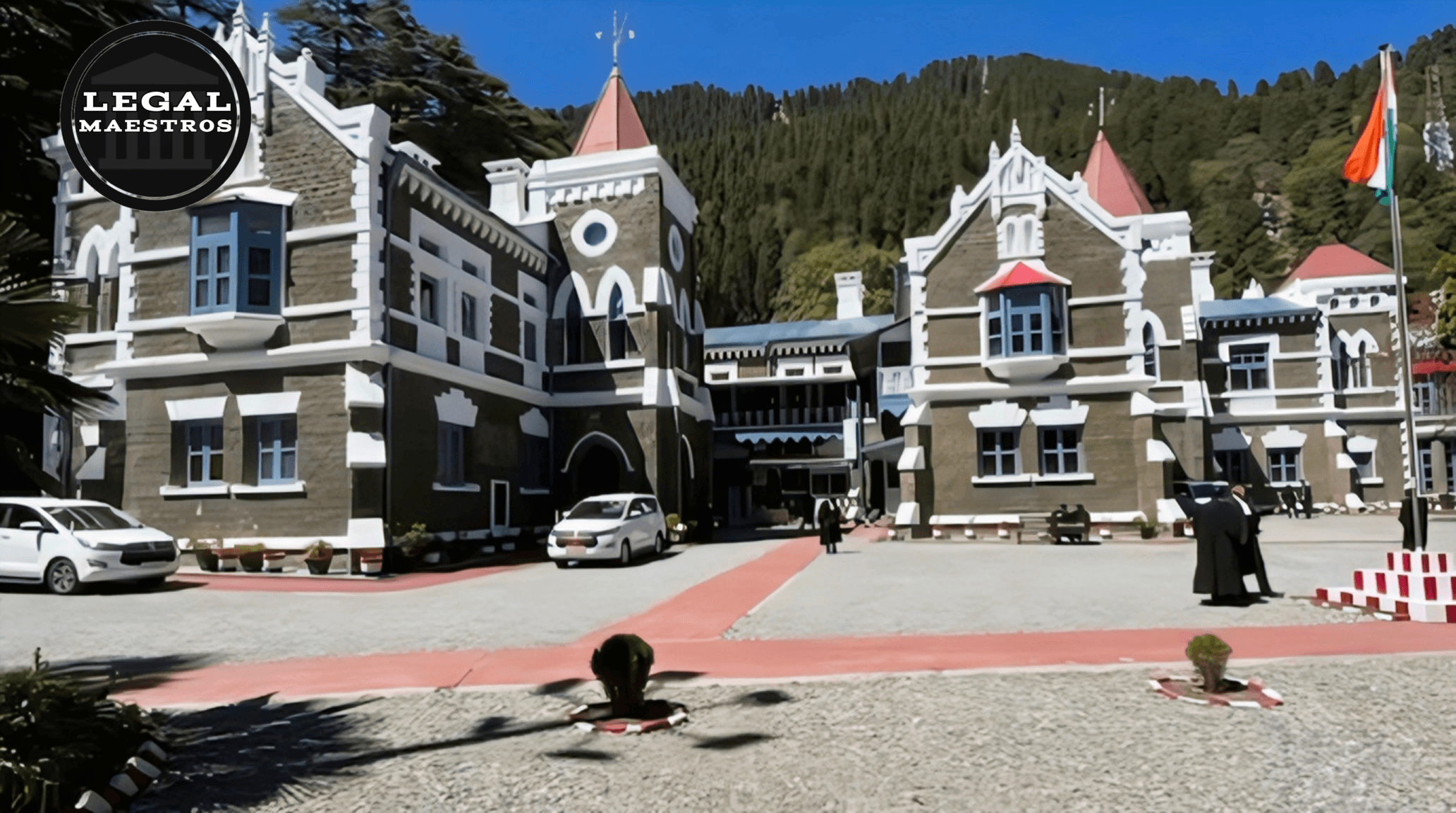
In a recent judgement of the High Court of Uttarakhand, a case was under consideration wherein the defendant took contravention of the law by 16 per cent. Akash Yadav versus. The role of the judiciary in striking the balance between justice and the interest of the people comes into the limelight through State of Uttarakhand. The case involved the application by a convicted scientist, Akash Yadav, in which he wanted the certification of his conviction to be put on hold pending determination in his criminal appeal. This case does not just reflect the laws that are supposed to guide the charging discontinuance of a conviction, but it also highlights the general aspect of the issues of public interest and the damage that might by irreparable to the career of a professional.
Case History
The appellant, Akash Yadav was a scientist who holds a Ph.D. in Biotechnology degree, Indian Institute of Technology, Kharagpur. He has worked with the reputed vaccine manufacture in India Indian Immunologicals Limited as a Senior Manager and was an active participant in the research and development of vaccines. This was work that was of extreme importance to the nation and the public health.
Yadav was guilty of IPC Section 306. Another case was he had been discharged in one case of Section 304-B IPC and 3 Dowry Prohibition Act, 1961. This belief was nurtured by a case that dealt with his wife who had passed on December 14, 2015. The prosecution says the deceased left a suicide note that would leave responsibility on Akash Yadav over her death. It was contended by the appellant, however, that against him a case based on Section 306 IPC was not proved. He got married to the decedent on May 7, 2015. The victim was kidnapped by her brother on July 4, 2015, and at that moment, Akash Yadav was employed at Hyderabad. She had gone to the Pantnagar University where she joined the service and she later died. Akash Yadav was not in a position to progress in the course he had undertaken to undertake the vaccine program because of his conviction.
The Fundamental Legal Provisions and Problems
The question that was before the High Court was whether there was to be a suspension of the conviction of Akash Yadav or not. Already, the appellant was on bail granted on April 7, 2025 and the sentence he was given was suspended till the time the appeal would be heard. But the suspension of conviction itself was made by separate application.
The court cited some important precedents of the law to establish the extent of its authority. It referred to the verdict of the Supreme Court in
Rama Narang V. Ramesh Narang and ors. This case brought the idea that the authority to grant suspension of conviction is an inseparable aspect of the jurisdiction of the appellate court under Section 389(1) of the Code of Criminal Procedure (Cr.P.C.). The court further reasoned that the appeal arising under Section 374 of the Code is against both, the sentence and the conviction and consequently, a cramped construction of Section 389(1) should not deny a court the power to apply this to an order of conviction. The
The Rama Narang case also elucidated the fact that High Courts are facially empowered by Section 482 of the Cr.P.C. to stay a conviction in case this conviction leads to a disqualification of the person complicit in the view of another statute. The court stressed that such a measure is important since the harm caused cannot be erased in the event that a disqualification that is tied to the conviction should occur and the conviction should then be reversed on appeal.
The judgment in the court was also used.
Navjot Singh Sidhu v. State of Punjab and Another, which maintained the legal situation further. The case stated that an appellate court has the authority to stay conviction, but such decision may be taken in extraordinary situations based on the exceptional facts of the case. It also pointed out that the individual to whom the stay is sought should clearly bring the attention of the court to the consequences of these particular consequences of the conviction in case it is not stayed.
Rationale and the Conclusion of the Court
The court in the current case ruled that indeed the appellant had fulfilled the requirements of getting his conviction suspended. This particular result of the conviction was that Akash Yadav, a scientist working on vaccines research and development was not allowed to carry on. Due to the fact that this work was of paramount significance to the health of the population and national security, the court referred to it as a bigger matter. This exceptional situation was a fit case in which the conviction order is to be suspended.
Taking into consideration all facts and relevant legal precedents the court found it suited to suspend both the order of conviction as well as the sentence implementation. The suspension would have been until the appeal was adjudged. Therefore, stay application, IA No. 2 of 2025, was granted and dismissed. It was passed on July 11, 2025 by Hon jab Kavindra Maithani, J. It is an important judgment to the extent that the court could exercise discretionary authority to deal with an extraordinary situation and save the professional livelihood of an individual, provided that there is a coordinated interest of the society and the justice system keeps on moving.


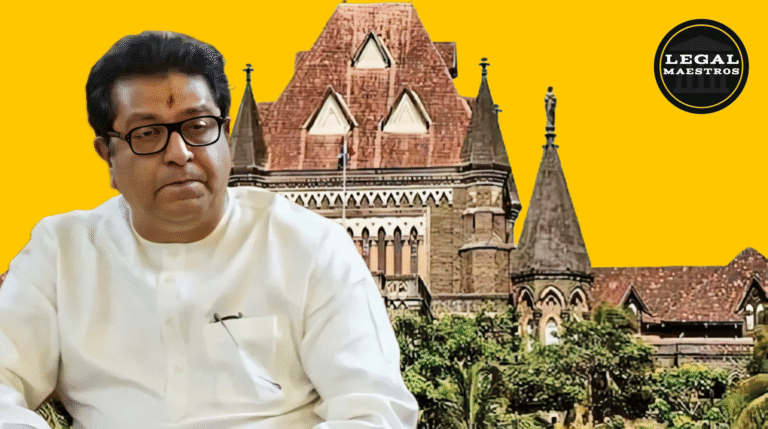
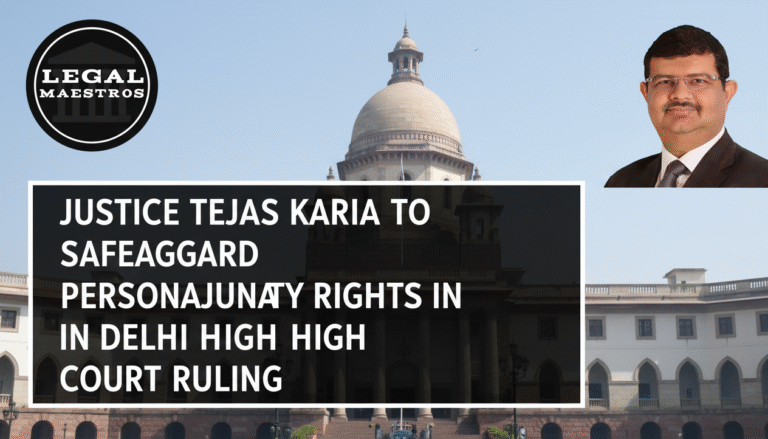
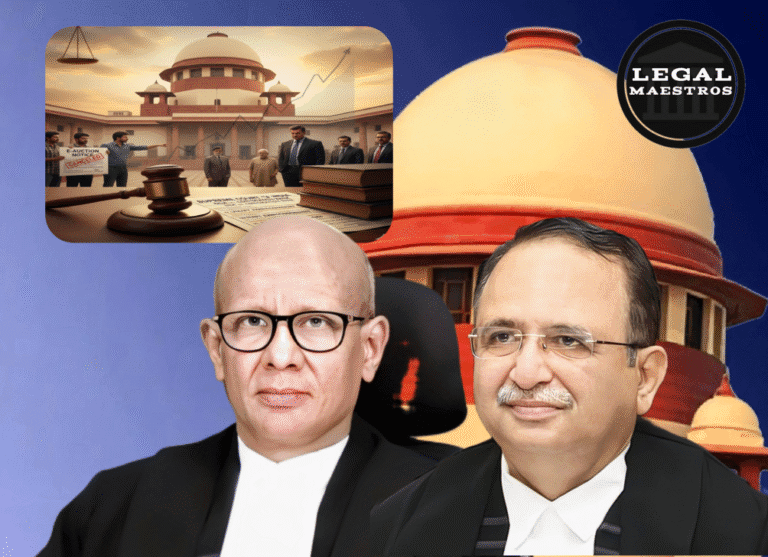
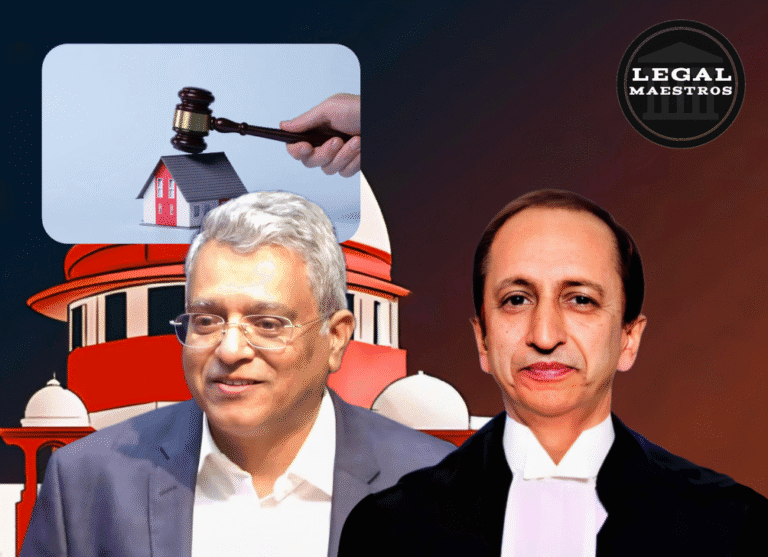
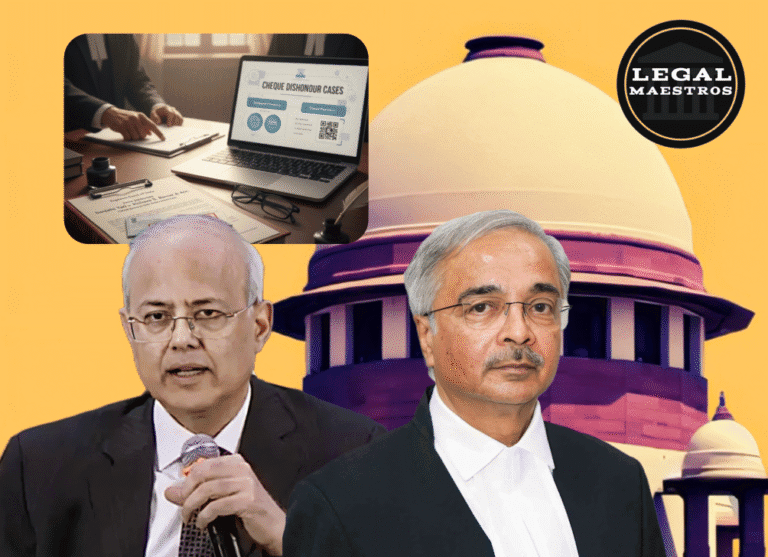
1 thought on “In the Name of National Interest: Uttarakhand High Court Suspends Dr. Akash Yadav’s Conviction in Wife’s Suicide Case to Support Vaccine Research”